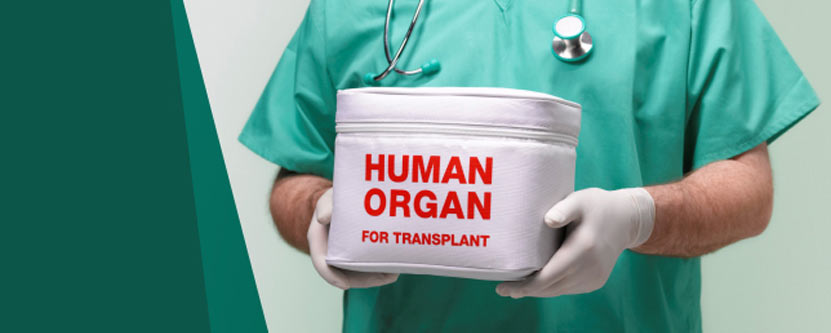Organ transplantation is a surgical procedure performed to replace a damaged organ of a patient with a healthy organ of a donor.
[the_ad id=”6084″]
There are three types of organ transplantation procedures namely living donation, deceased donation and Vascularized Composite Allografts depending up on the donor. Most organ failures can only be treated by an organ transplantation. The procedure begins with the patient enrolling for the transplant. Only after getting an appropriate donor, the damaged organ would get replaced with a healthy one from the donor.
Every year, nearly 150000 people await a kidney transplantation but only 5000 get lucky enough to find a potential donor. In a country of 1.2 million, the number of organ donors per million is as low as 0.08. Each year, 5 lakh people die due to unavailability of healthy organs. Apart from these heart wrenching facts, black market smuggling of organs is a serious hindrance to this noble cause. It is a sad truth to digest that nearly 10,000 organs are being traded every year in India, in which kidneys account for 75 percent.
Unfortunately, people fail to realize the benefits of organ donation as it is only the number of people, who are in need of a healthy organ growing rapidly on the transplant waiting list. But not the number of donors. The result of which is that more than one lakh people are waiting, with hope, for an organ to become available. Even many people are dying due to lack of transplantable organs. This may be happening because of lack of awareness among people about the benefits of organ donation and a suitable medium.
Here are the few doubts regarding donating organs which prevent people from voluntarily pledging for organ donation;
-
Whether I am applicable for donating an organ or not at an older age?
There is no specific age band for donating an organ. At the time of death, only under suitable examination of the donor’s organs, it will be decided that whether the donor is suitable for donation or not.
-
How many lives can be saved by one organ donor?
One donor can save up to eight lives. At the same time one donor can save more 50 lives by donating eyes and tissues
-
If I get admitted to a hospital due to some issue and doctors find that I want to be a donor. Will they try to save my life?
When a person gets admitted to a hospital, the number one priority for the doctors is to save his/her life. The transplant team will not make take any action until all lifesaving efforts have failed and death has been determined.
-
I have a history of medical illness. Can I donate my organs?
The decision to donate or use an organ depends on many medical criteria. It may come out that certain organs are not healthy enough for donation, but other organs and tissues may be fine. The transplant experts are the best people who can determine whether your organs and tissues are appropriate for transplantation.
The only way to increase the number of organs available for transplantation is to get more number of donors. It can only be possible when people will start understanding their responsibilities towards the society and the power of organ donation.
Pledge to Donate! Save Lives & be a Superhero!
Source:

